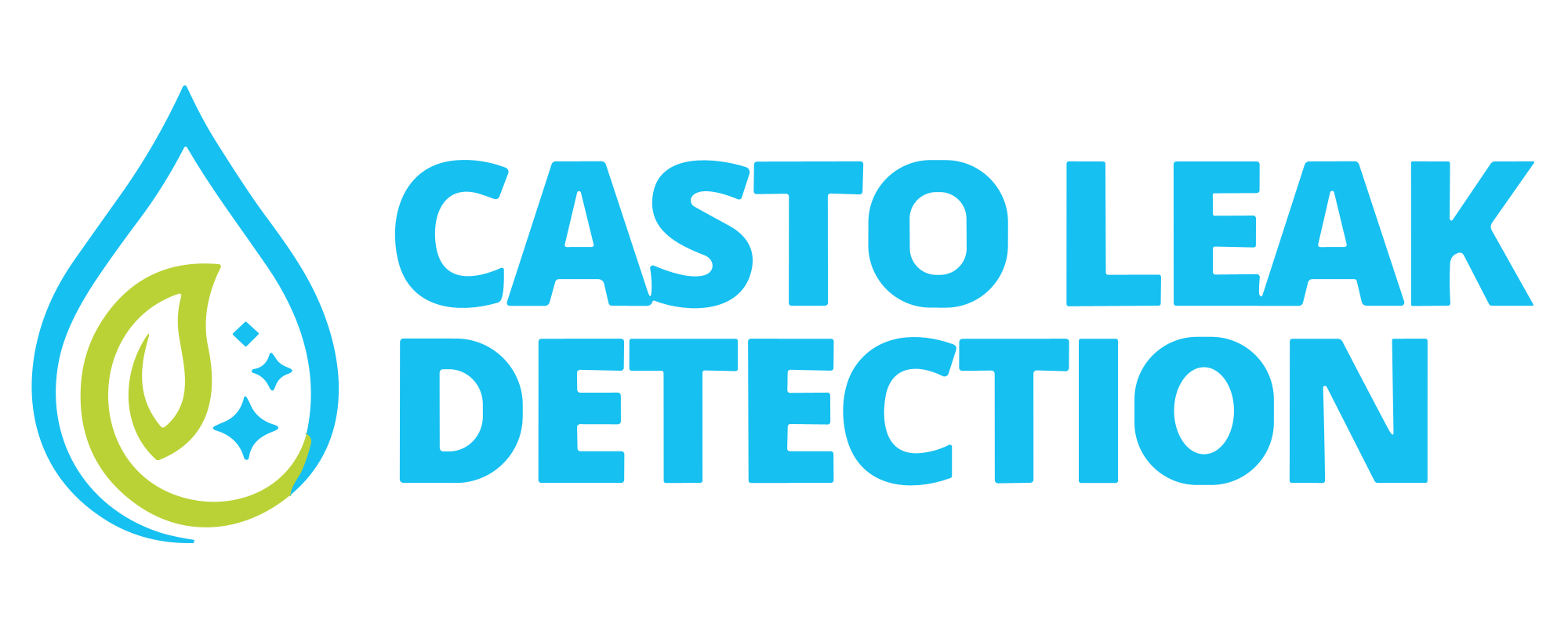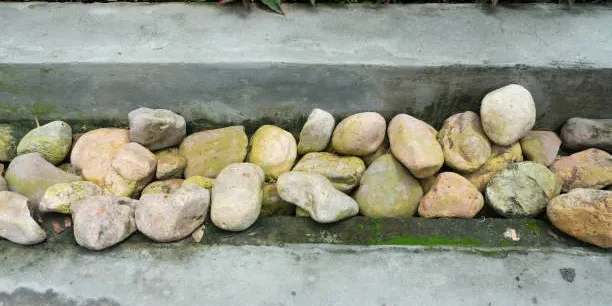French drain installation cost can be a significant consideration for homeowners looking to address drainage issues on their property. A French drain is a crucial component for managing water flow and preventing water damage, but understanding the associated costs can help you make informed decisions. This article will guide you through the factors influencing French drain installation costs, compare DIY versus professional installation, and offer tips for managing your budget effectively.
French Drains
What is a French Drain?
A French drain is a type of drainage system designed to redirect surface and groundwater away from a specific area. It typically consists of a trench filled with gravel or rock and a perforated pipe that collects and directs water away from your home’s foundation or other areas prone to water accumulation. French drains are essential for preventing water damage and erosion, protecting your property from potential flooding issues.
Importance of Proper Drainage
Effective drainage is crucial for preventing water damage, which can lead to costly repairs and decreased property value. Proper drainage systems like French drains help manage water flow, reducing the risk of water pooling around your home’s foundation. This not only preserves the integrity of your home but also enhances its overall value by mitigating potential damage and maintaining soil stability.
Types of French Drains
There are several types of French drains, including interior and exterior systems. Interior French drains are installed inside your home to prevent basement flooding, while exterior drains are placed around the perimeter of your property to manage surface water. Surface drains collect water from the ground, while subsurface drains, like French drains, capture water from below the surface. Dry wells and catch basins can also be used in conjunction with French drains to improve water management.
Factors Influencing French Drain Installation Cost
Size and Scope of the Project
The size and scope of your French drain installation project significantly impact the overall cost. Larger drains that cover more area will generally cost more due to the increased amount of materials and labor required. The depth and length of the trench also play a role in determining the total cost, as deeper and longer drains require more excavation and installation work. Additionally, obtaining the necessary permits and approvals can add to the expense, particularly if your project involves extensive modifications.
Materials Used
The materials you choose for your French drain can affect the installation cost. Common materials include perforated pipes, gravel, and filter fabric. The type and quality of these materials can vary, with higher-grade options generally costing more. For example, using premium pipes and gravel can increase the overall price, but they may also offer better durability and performance. Including additional accessories, such as catch basins or cleanout ports, can further impact the cost of materials.
Labor Costs
Labor costs are a significant component of French drain installation expenses. Hiring a professional contractor typically involves paying for their expertise and time. The complexity of the installation, including factors such as the ease of access and the need for specialized equipment, can influence labor costs. More complex installations, such as those requiring extensive excavation or working in challenging conditions, will generally result in higher labor costs. The skill level of the contractor also plays a role in determining the final price.
Cost Breakdown
Material Costs
Material costs for French drain installation can vary depending on the type and quality of materials used. On average, you can expect to spend between $10 and $25 per linear foot for the materials alone. This includes the cost of perforated pipes, gravel, and filter fabric. Regional variations in material prices can also affect the overall cost, so it’s important to check local prices and consider any potential shipping or delivery fees.
Labor Costs
Labor costs for French drain installation typically range from $50 to $100 per hour, depending on the contractor’s rates and the complexity of the project. For a standard installation, you might expect to pay between $30 and $60 per linear foot for labor. This includes excavation, installation, and any necessary finishing work. Complex installations or those requiring additional skills and equipment can result in higher labor costs.
Additional Costs
Additional costs may include permits and inspection fees, which can vary based on your location and the scope of the project. Excavation and site preparation, such as removing existing landscaping or addressing any obstructions, can also add to the overall cost. Post-installation cleanup and any required restoration work, such as replanting or repairing damaged areas, should be factored into your budget as well.
DIY vs. Professional Installation
Advantages of DIY Installation
Opting for DIY French drain installation can offer significant cost savings. By taking on the project yourself, you can save on labor costs and have full control over the process. DIY installation also allows for flexibility in scheduling, as you can work at your own pace and complete the project on your timeline. Additionally, handling the installation yourself can provide a sense of accomplishment and personal satisfaction.
Risks of DIY Installation
While DIY installation can save money, it also comes with risks. Without professional expertise, you may encounter challenges such as improper installation techniques or inadequate drainage capacity. Mistakes in installation can lead to ineffective drainage, which may result in water damage or additional costs for repairs. Furthermore, a lack of experience may lead to longer project times and potential issues with local building codes and permits.
Benefits of Hiring Professionals
Hiring a professional contractor for French drain installation ensures high-quality work and expertise. Professionals have the skills and experience to handle complex installations, ensuring that the drain is installed correctly and functions effectively. They also work efficiently, completing the project in a timely manner. Additionally, many contractors offer warranties or guarantees on their work, providing peace of mind and protection against potential issues.
Estimating Your French Drain Installation Cost
Gathering Quotes
To get an accurate estimate of your French drain installation cost, gather quotes from multiple contractors. Request detailed estimates that include a breakdown of material and labor costs, as well as any additional fees. Comparing quotes allows you to evaluate different options and make an informed decision based on your budget and project needs.
Budgeting for Unexpected Costs
When planning your budget, it’s important to set aside a contingency fund for unexpected expenses. Projects can sometimes encounter unforeseen issues, such as hidden obstructions or additional site preparation requirements. Having a contingency fund helps ensure that you can cover any additional costs without derailing your budget.
Cost-Saving Tips
There are several ways to save on French drain installation costs. Choosing cost-effective materials, such as standard-grade pipes and gravel, can reduce expenses. Additionally, obtaining multiple quotes and negotiating with contractors can help you find the best value for your money. Consider tackling some of the preparatory work yourself, such as clearing the area or marking the trench, to further reduce labor costs.
Long-Term Costs and Maintenance
Maintenance Requirements
Proper maintenance is essential for ensuring the long-term effectiveness of your French drain. Regular inspections and cleaning help prevent clogs and maintain optimal performance. Check the drain for signs of sediment buildup or damage and address any issues promptly to avoid costly repairs.
Potential Repairs
Over time, French drains may require repairs due to wear and tear or damage. Common issues include clogs, pipe damage, or problems with the gravel layer. Repair costs can vary depending on the extent of the damage and the type of repair needed. Promptly addressing issues helps prevent further damage and maintains the efficiency of the drainage system.
Impact on Property Value
Installing a French drain can have a positive impact on your property value. Proper drainage helps prevent water damage and maintains the structural integrity of your home, which can be attractive to potential buyers. A well-maintained drainage system is a valuable asset and can contribute to a higher resale value.
FAQs
1. What is the average cost of installing a French drain?
The average cost ranges from $30 to $60 per linear foot, including materials and labor. Total costs vary based on the size and complexity of the project.
2. Can I install a French drain myself?
Yes, but DIY installation requires careful planning and expertise. Mistakes can lead to ineffective drainage and additional costs for repairs.
3. How long does French drain installation take?
Installation time varies based on the project’s size and complexity. A typical installation may take a few days to complete.
4. What are the benefits of a French drain?
French drains help manage water flow, prevent water damage, and protect your property’s foundation. They also enhance soil stability and reduce erosion.
5. Are there any hidden costs in French drain installation?
Possible hidden costs include permits, additional excavation work, and unexpected repairs. It’s important to budget for potential additional expenses.
6. What materials are best for French drains?
Common materials include perforated pipes, gravel, and filter fabric. Higher-grade materials offer better durability and performance.
7. How do I maintain a French drain?
Regular maintenance involves inspecting for clogs and damage, cleaning the system, and addressing any issues promptly to ensure proper function.
8. How does the cost of a French drain compare to other drainage systems?
French drains are generally more cost-effective than some other drainage systems, but costs vary based on the specific requirements and materials used.
9. What should I look for in a contractor?
Choose a contractor with experience, good references, and a clear understanding of the project. Ask for detailed quotes and ensure they offer warranties.
10. Are there any financing options for French drain installation?
Yes, some contractors offer financing options, or you can explore home improvement loans to cover the cost of installation.
Conclusion
French drain installation cost is a critical factor to consider when addressing drainage issues on your property. By understanding the various factors that influence cost, including materials, labor, and project complexity, you can make informed decisions and effectively manage your budget. Whether you choose to tackle the installation yourself or hire a professional, proper planning and maintenance are essential for ensuring a successful and long-lasting drainage solution. Embrace the benefits of a well-installed French drain to protect your home and enhance its overall value.


